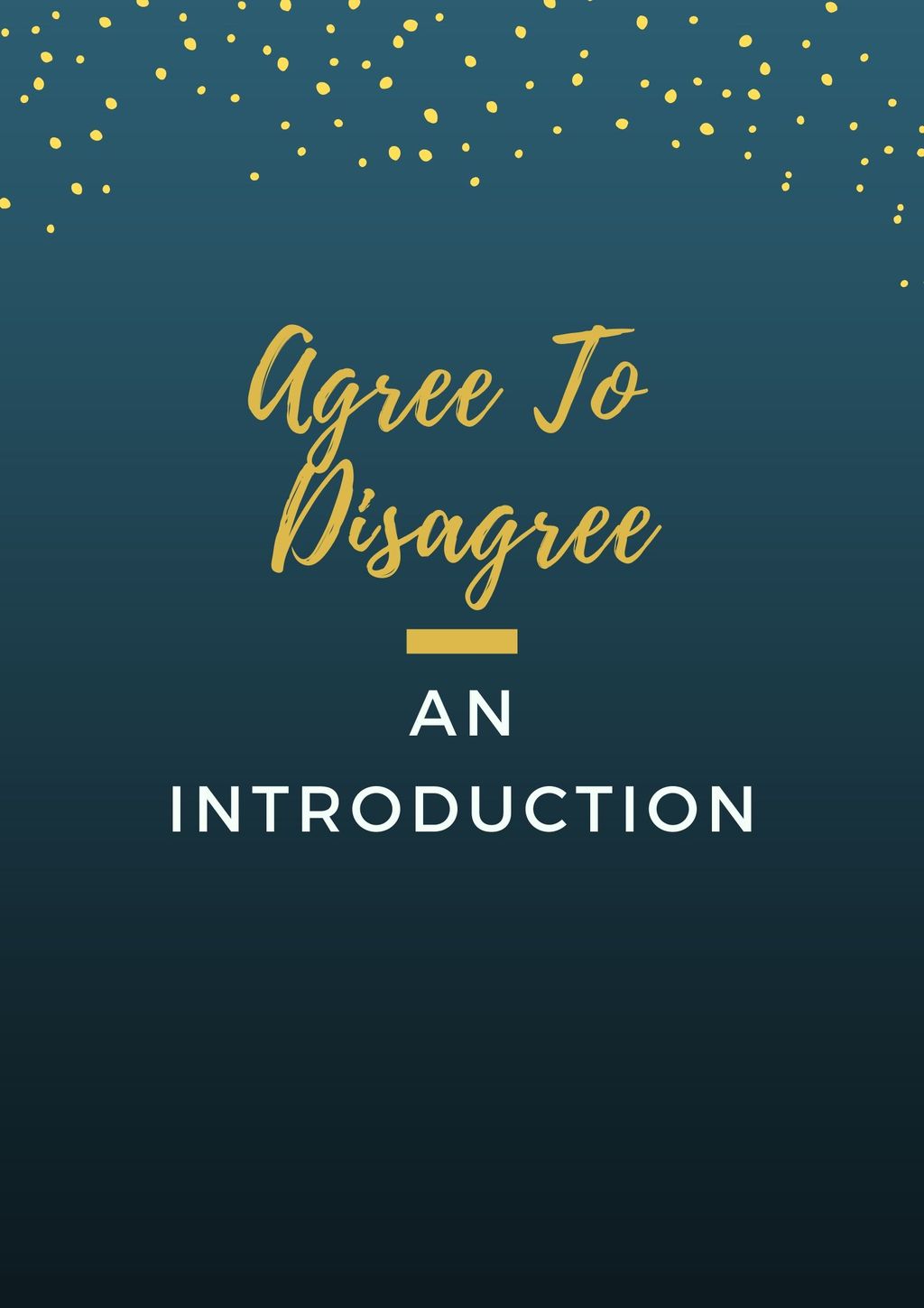Agree To Disagree- Introduction
Apr 26, 2020 • 0 views

Differences in opinions:
Scholars of Islam at many times throughout history and even now have differed over parts concerning the fiqh issues in Islam, for that we need to first delve into what these issues are classified under and where do the disagreements occur.
Fiqh (jurisprudence) is the theory or teachings of the Islamic philosophy which ALWAYS have to be in accordance to the Qur’an and the Sunnah (hadith) of Prophet Muhammad (saw).
Now within fiqh there are two categories:
First is ‘Usool’ or the fundamentals. The basic building blocks on which Islam stands, like the number of times to offer salah in a day, number of days to fast in Ramadan, all these are already specified and are not subjected to modification throughout time and hence they can not be disputed upon.
Second is ‘Furoo’ or the subsidiary issues, these issues pertain to smaller things, small specifics like Raf ul yadain in salah, or the issue regarding the number of rakats in Taraweeh or the issue of the moon-sighting.
Now, why do these differences occur?
Here’s now where I would like to tell you about the four schools of thought in Islam: Hanafi, Maliki, Shafi'i, Hanbali.
These are termed as ‘madhhab’ more broadly translated to schools of Fiqh, all of these scholars have traveled far and wide to seek knowledge regarding Islam in the earlier days and have collected the various Hadiths and have given their understanding and ways of application to the best of their knowledge, again all these pertain to the Subsidiary issues.
At the end of these are their interpretations of the Hadith. And one can always look back to the original sources to cross check if their opinion does not stand the test of time, as they themselves have said that “if you find the Qur’an and Sunnah in contradiction to our interpretations, leave our interpretations and go with what the Qur’an and Hadiths say”
So what are the authentic sources one should refer to:
The first is obviously the Qur’an
Second are the reputed books of Hadiths (slide 1).
These differences also come about due to the change in times, major changes such as the industrial revolution and now with the COVID-19 situation and lock-downs, scholars of Islam have to make Ijtihad which means decisions taken with human reasoning in the boundaries of Islamic legality while keeping in view the present situation or calamity. Not everyone always agrees with Ijtihaad of certain scholars and that is where we agree to disagree (again in the subsidiary issues)
Example of Ijtihad in recent times (slide 2)
This introduction was solely to clarify why there are differences in opinions in Islam, it truly marks the flexibility and Malleability of the religion and hence will always stand the test of time.
People who dispute over such small issues totally forget to see the beauty in these differences.
